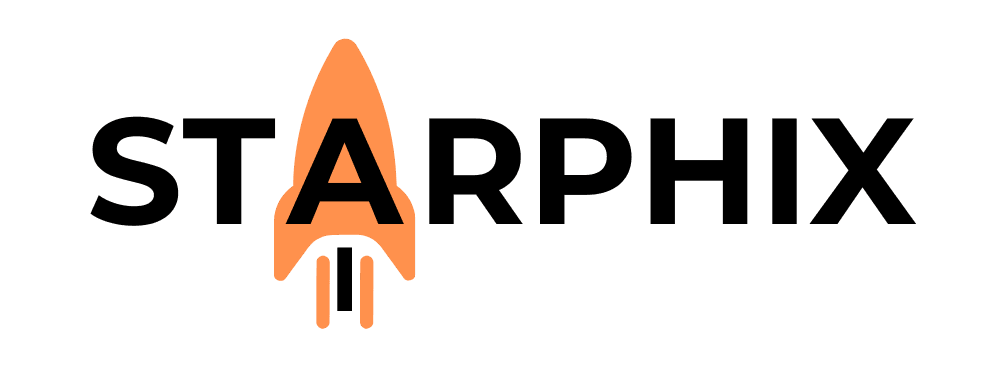Introduction: With Great Power Comes Great Responsibility 🤔 #
We have journeyed through the history of AI, explored the technology of today, and looked toward the future. Now, we arrive at the most important part of our story: the human dimension. As AI becomes more powerful and integrated into our lives, we must grapple with a new set of complex ethical questions. This is not a conversation reserved for scientists and philosophers; it is a critical, ongoing conversation that everyone should be a part of. This introduction is not a rulebook with definitive answers, but a guide to asking the right questions.
(Image Placeholder: A simple graphic of a compass, with the needle pointing towards a gear icon that has a heart in the center. The cardinal directions are labeled: Fairness, Transparency, Accountability, and Privacy.)
The Core Questions We Must Ask ❓ #
Responsible AI development begins with asking hard questions. The principles of AI ethics are best understood as a framework for inquiry, ensuring we build systems that are safe, fair, and aligned with human values.
Bias: Is the AI Fair? #
AI systems learn from data. But what if that data reflects existing societal biases? An AI trained on historical hiring data might learn to unfairly favor one group over another. This leads us to critical questions:
- How do we ensure the data we use to train AI is fair and representative?
- How can we audit our AI systems to detect and correct for AI Bias?
- What does “fairness” even mean in different cultural and social contexts?
Transparency: Can We See How It Works? 🔍 #
Many advanced AI models are a “black box”—they can give us an answer, but we can’t easily see how they arrived at it. This lack of transparency is a major concern, especially in high-stakes fields like medicine or finance. This raises key questions:
- When is it essential to understand the reasoning behind an AI’s decision?
- How can we design systems that are not only accurate but also interpretable to human users?
- What is the right balance between a model’s performance and its transparency?
Accountability: Who is Responsible When It’s Wrong? 🙋 #
If a self-driving car causes an accident or an AI-driven medical diagnosis is incorrect, who is at fault? Is it the user, the developer who wrote the code, the company that sold the product, or the person who supplied the data? The principle of accountability requires clear answers. We must ask:
- How do we establish clear lines of responsibility for autonomous systems?
- What legal and regulatory frameworks are needed to govern AI’s role in society?
- How can we ensure there is always meaningful human oversight in critical applications?
An Ongoing Conversation, Not a Finished Textbook 💬 #
These questions do not have easy answers. They are the subject of intense, ongoing debate among technologists, policymakers, and the public. Building ethical AI is not about reaching a final destination; it’s about a continuous commitment to responsible development, critical self-assessment, and open dialogue. It is a shared responsibility to ensure that as we build more intelligent machines, we do not lose sight of the values that make us human. This is a conversation where every voice matters.
Related Reading 📚 #
Congratulations on completing Pillar I! You now have a strong foundation in the history, present, and future of AI. Here are some logical next steps for your learning journey:
- Explore the Technology: Pillar II: The Modern AI Toolkit ⚙️
- Take Control of Your Data: Pillar III: The Sovereign AI: A Guide to Local Systems 🏠
- Look up a Term: Pillar IV: The A-Z Glossary of AI Terms 📖


